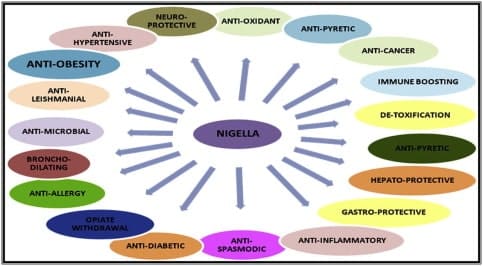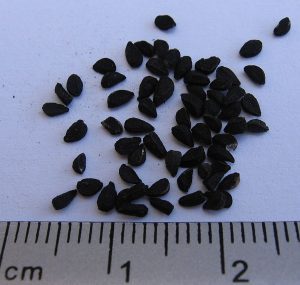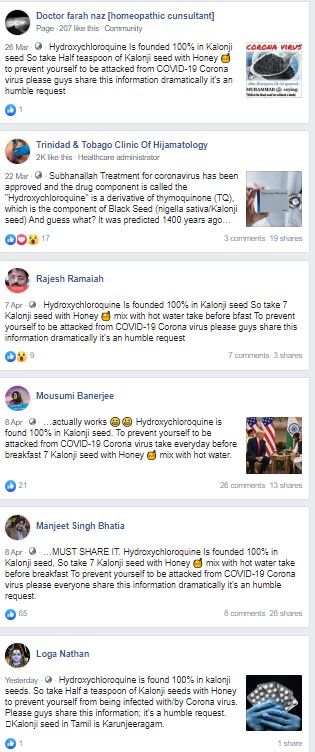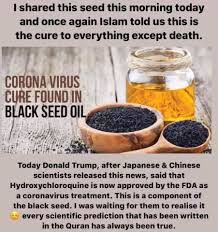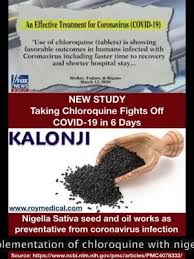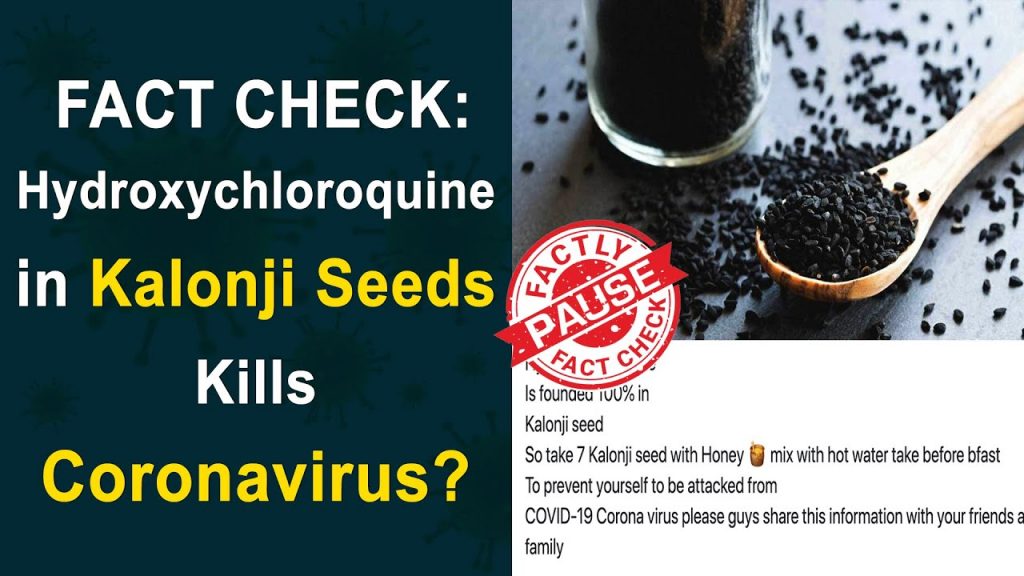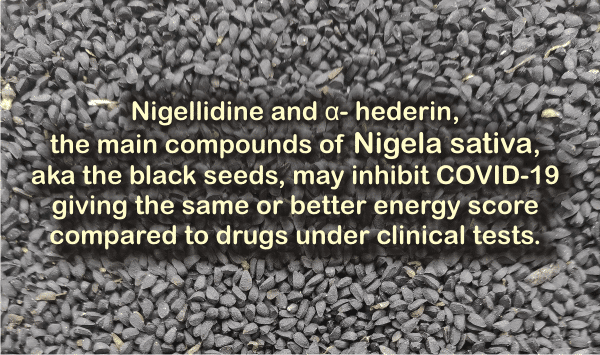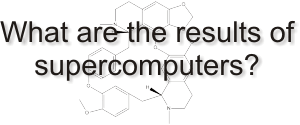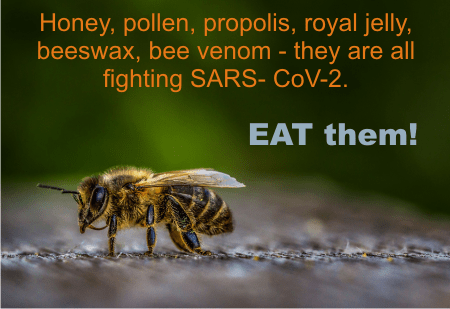The black seeds, Nigella sativa, aka kalenji, do not contain chloroquine, but a different substance, called thymoquinone. They do not cure anything in 6 days. 🙂
The black seeds make a remarkable natural remedy, with proved antiviral properties, even against coronaviruses, and 2 of its fitocomponents showed very good results in preventing COVID-19 in a study published in April 2020.
Fake news is no news, I know. But as always, there is no smoke without fire. Frauds always start from something, take a piece of truth and start building something else, according to times. And in such extreme times as this pandemic brings, there is an abundance of fake news. Some are innocent, those people do believe what they’re saying, and some are less innocent, built to sell products or get traffic, whatever brings them money.
Because this is how our world works. There are big fish, starting and then stirring crises and there are small fish, taking advantages.
Nigella sativa was the subject of such fake news. Known as the Arabian panacea, the black seeds or the black cumin, Nigella saltiva was the subject of fake news, started by some Indians. (Don’t they know them all, or what?)
The confusion started from certain components of nigella (thymoquinone and thymohydroquinone), whose names resembled a well-known treatment used today to fight severe Covid symptoms: hydroxychloroquine and chloroquine.
And they said chloroquine is a derivative from the black seeds’ thymoquinone. Which is not.
Neither chloroquine, nor hydroxychloroquine, are derivatives of thymoquinone.
They have completely different structures.
Chloroquine is an antimalarial drug and the history of antimalarials starts with quinine. That’s the active compound in cinchona bark, whose medicinal properties had long been known among the natives of South America in the tropical parts of the Andes, the Incas and the people(s) that the Incas absorbed into their empire. It was synthesized in 1934 by Hans Andersag at Bayer, and the initial evaluation of the drug by Bayer marked it down as too toxic for human use, and became a major antimalarial drug after World War II. Hydroxychloroquine came along in the 1950s, and just has an extra OH group coming off of one of those N-ethyls over at the end of the chain; it’s quite similar to chloroquine itself.
Thymoquinone is an essential natural compound found in the plant Nigella sativa and in select cultivated Monarda fistulosa plants grown in the U.S. and steam distilled to produce the essential oil.
Nigela sativa seeds contain more than 100 chemical compounds, many yet to be characterized. The phyto-components of these seeds include: nigellone, thymoquinone, phytosterols, fatty acids, vitamins, and minerals (Boseila and Messalam, 2011). However, the composition and yield of its essential oils differ depending upon geographical conditions, as well as the varied hydrodistillation methods employed for oil extraction.
Nigella sativa oil is dark yellowish in color and contains thymoquinone, carvone, d-limonene, melanthin, tannins, p-cymene, α-pinene, thymol, dithymoquinone, thymohydroquinone and alkaloids (nigelline-N-oxide, nigellone, and nigellimine).
There are tons of studies which support the claims from the above picture. I’ll mention some of them here:
– retard the progression of many chronic diseases (Ragheb et al., 2009).
– good for allergy, diabetes, cardiovascular problems like hypertension and hyperlipidemia, gastro-intestinal problems, inflammatory and oxidative damage processes. Its antihistaminic, antioxidative and immunomodulator properties cover a wide range of degenerative health problems (Fallah Huseini et al., 2011)
– it has anti-viral properties against HIV and Hepatitis C (Barakat et al., 2013, Onifade et al., 2013).
– Low toxicity and antioxidant properties of NS leading to free radical quenching make it a potential candidate drug for inflammatory as well as stress related disorders (Bylka, 2009, Hasani-Ranjbar et al., 2009).
– The natural antioxidant potential of this seed is evident by the phenols, phospholipids, phytosterols and tocopherols present in them. Radical scavenging activity of the oil fractions toward stable galvinoxyl and 1,1-diphenyl-2-picrylhydrazyl radical showed that the phospholipids possess greater free radical scavenging activity as compared to glycolipids and neutral lipids (Ramadan et al., 2003).
– Experiments conducted by Sabikhi et al. suggest that oils rich in α-linolenic acid and γ-linolenic acid exhibit both antisecretory and anti-ulcerogenic properties (Sabikhi and Sathish Kumar, 2012).
– Cancer cell development, growth and proliferation are important aspects in carcinogenesis. Cell cycle regulatory protein expression, and/or activity seem to be affected by NS leading to apoptosis, and DNA damage (Gali-Muhtasib et al., 2004).
Conclusion: Nigella sativa is an extremely potential herbal source for the development of pharmaceutical products and drugs against a number of pathological conditions relating to oxidative damage.
Though thymoquinone is the main bioactive compound of NS, other compounds like alkaloids, phytosterols, flavonoids, carotene, and saponins do contribute their bit toward the immense benefits this seed possesses.
You can find a very long list of studies and clinical trials in the review of Shahida A.Khan and colleagues, “Panacea seed “Nigella”: A review focusing on regenerative effects for gastric ailments” published in 2014.
But is Nigella sativa good for Covid 19?
Well, yes, a study made in Algeria and published in April 2020 encourages traditional use of Nigella sativa to prevent Covid-19.
What we know so far is that Nigella Sativa is a powerful antiviral, including corona-viruses (The effects of Nigella sativa (Ns), Anthemis hyalina (Ah) and Citrus sinensis (Cs) extracts on the replication of coronavirus and the expression of TRP genes family). It also works for HIV, as it has been proved by numerous cases.
read:How to cure HIV? The black seeds, Nigella Sativa, have the answer!
On 2 April 2020, the study Identification of Compounds from Nigella Sativa as New Potential Inhibitors of 2019 Novel Coronasvirus (Covid-19): Molecular Docking Study, conducted by Bouchentouf Salim and Missoum Noureddine from the University Hassiba Ben Bouali of Chlef, Algeria, aimed to identify molecules from natural products which may inhibit COVID-19 by acting on the main protease.
The study was done compering Nigella sativa components with Chloroquine, Hydroxychloroquine, Azythromycine, Arbidol, Remdesivir, Favipiravir.
It was showed that Nigellidine gives the lowest energy (-6.29734373 Kcal/mol) in complex with 6LU7 (the ID from Protein Data Bank, the viral protein), which is the best score when compared to other docked compounds.
Nigellidine gives score close to the one given by Chloroquine and better score than Hydroxychloroquine and Favipiravir.
Conclusion: “Obtained results by molecular docking showed that Nigellidine and α-hederin are main compounds from Nigella sativa which may inhibit COVID-19, giving the same or better energy score compared to drugs under clinical tests. Those results encourage further in vitro and in vivo investigations and also encourage traditional use of Nigella sativa preventively.” (read the whole study here)
So there was indeed fire at the start of those claims. Nigella sative has great promise as a preventative product against the coronavirus. It does that through other 2 compounds, and not through thymoquinone, despite its name similarity with the quinine sourced chloroquine.
And as in treating from HIV, we recommend the powder to the essential oil. First warm the seeds on a very low heat, then ground them to powder. Mix it with honey and take it. Read more on Nigella Sativa, the black seeds, can cure every disease. Come on…
However, beware of frauds!
Don’t get fooled by frauds, by people eager to get likes, subscribers, etc (translated in future money), who are either well aware of their fraud, or are just credulous enough to not bother searching a little further, and stop saying lies to the people.
And though this is a traditional Arabian remedy, it’s the Indians those who played the smart ones! Kalonji, as they call the black seeds, Nigella sativa, is in danger of losing its good name as a truly amazing natural medicine, because of misunderstandings and superficial knowledge.
7 black seeds? Have you ever seen one?
This is so funny, people…
or
Other references (not linked in the article):
https://www.ncbi.nlm.nih.gov/pmc/articles/PMC3933739/

